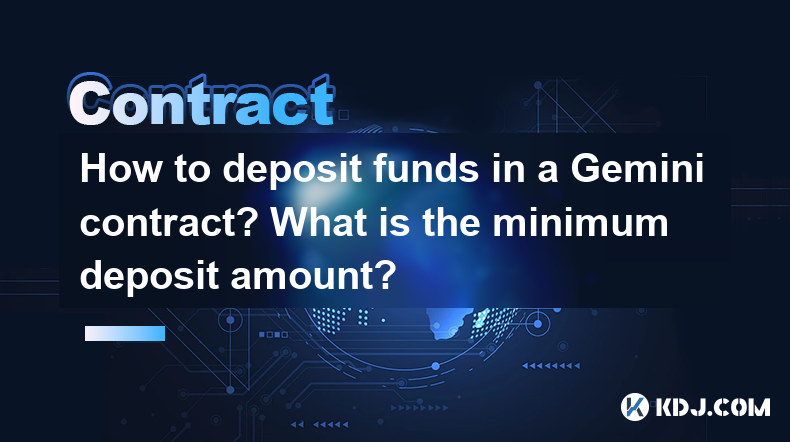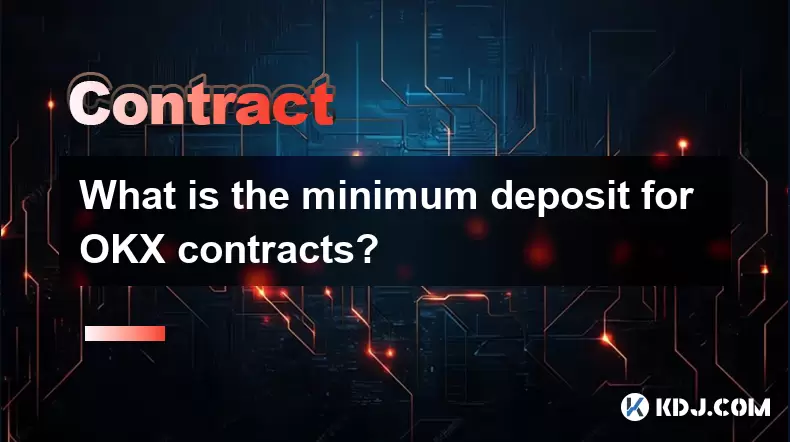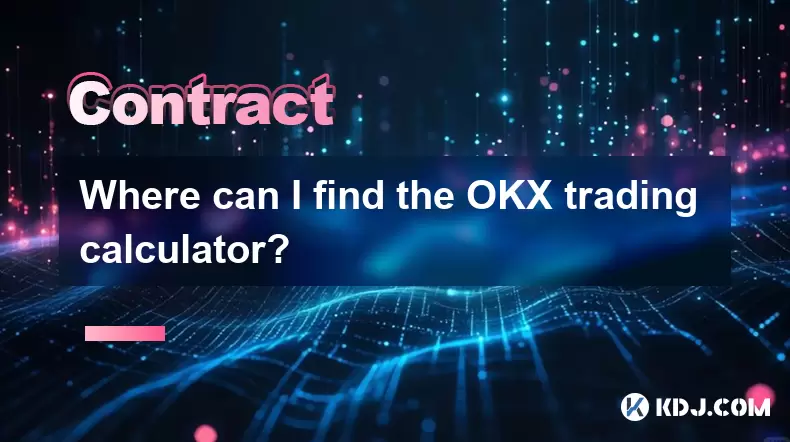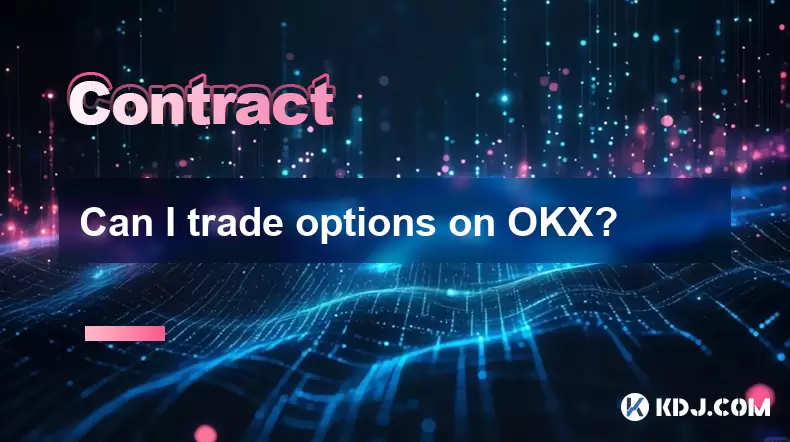-
 Bitcoin
Bitcoin $117500
2.15% -
 Ethereum
Ethereum $3911
6.19% -
 XRP
XRP $3.316
10.79% -
 Tether USDt
Tether USDt $1.000
0.01% -
 BNB
BNB $787.2
2.24% -
 Solana
Solana $175.2
4.15% -
 USDC
USDC $0.9999
0.00% -
 Dogecoin
Dogecoin $0.2225
8.40% -
 TRON
TRON $0.3383
0.28% -
 Cardano
Cardano $0.7868
6.02% -
 Stellar
Stellar $0.4382
9.34% -
 Hyperliquid
Hyperliquid $40.92
7.56% -
 Sui
Sui $3.764
7.63% -
 Chainlink
Chainlink $18.48
10.66% -
 Bitcoin Cash
Bitcoin Cash $582.1
1.88% -
 Hedera
Hedera $0.2601
6.30% -
 Avalanche
Avalanche $23.33
4.94% -
 Ethena USDe
Ethena USDe $1.001
0.02% -
 Litecoin
Litecoin $122.3
2.04% -
 UNUS SED LEO
UNUS SED LEO $8.969
-0.27% -
 Toncoin
Toncoin $3.339
0.86% -
 Shiba Inu
Shiba Inu $0.00001287
4.30% -
 Uniswap
Uniswap $10.43
7.38% -
 Polkadot
Polkadot $3.861
5.08% -
 Dai
Dai $1.000
0.02% -
 Bitget Token
Bitget Token $4.513
3.41% -
 Monero
Monero $267.7
-6.18% -
 Cronos
Cronos $0.1499
4.14% -
 Pepe
Pepe $0.00001110
5.15% -
 Aave
Aave $284.9
8.28%
How to deposit funds in a Gemini contract? What is the minimum deposit amount?
To deposit funds into a Gemini contract, ensure your account is verified, choose your contract, select a deposit method, and confirm the transaction, meeting the minimum deposit amount.
May 03, 2025 at 01:42 am

Depositing funds into a Gemini contract is a straightforward process that allows users to engage with various cryptocurrency trading and investment opportunities. This article will guide you through the steps required to deposit funds into a Gemini contract, as well as provide information on the minimum deposit amount.
Understanding Gemini Contracts
Gemini is a cryptocurrency exchange and custodian that allows users to buy, sell, and store digital assets. A Gemini contract refers to a specific type of financial agreement or product offered by Gemini, such as futures contracts or options. These contracts enable users to speculate on the future price movements of cryptocurrencies without owning the underlying asset.
Preparing to Deposit Funds
Before you can deposit funds into a Gemini contract, you need to ensure that you have a verified Gemini account. If you haven't already, you'll need to complete the following steps:
- Sign up for a Gemini account: Visit the Gemini website and click on the "Sign Up" button. Fill out the required information, including your email address and a strong password.
- Complete the verification process: Gemini requires users to verify their identity to comply with regulatory standards. You'll need to provide personal information and upload identification documents, such as a passport or driver's license.
- Enable two-factor authentication (2FA): For added security, enable 2FA on your account. This can be done through the account settings on the Gemini platform.
Depositing Funds into a Gemini Contract
Once your account is set up and verified, you can proceed to deposit funds into a Gemini contract. Here's how to do it:
- Log in to your Gemini account: Use your email address and password to access your account.
- Navigate to the trading section: Click on the "Trade" tab at the top of the page to access the trading interface.
- Select the contract you want to deposit into: Choose the specific Gemini contract you wish to deposit funds into. This could be a futures contract, options contract, or another type of financial product offered by Gemini.
- Click on the "Deposit" button: Once you've selected the contract, look for the "Deposit" button or option. This will initiate the deposit process.
- Choose your deposit method: Gemini supports various deposit methods, including bank transfers, wire transfers, and cryptocurrency deposits. Select the method that suits you best.
- Enter the deposit amount: Specify the amount you wish to deposit into the Gemini contract. Ensure that the amount meets the minimum deposit requirement (which we'll discuss in the next section).
- Confirm the deposit: Review the deposit details and confirm the transaction. If you're using a bank or wire transfer, you'll need to follow the provided instructions to complete the transfer.
- Wait for the funds to be credited: Depending on the deposit method, it may take some time for the funds to be credited to your Gemini contract. Cryptocurrency deposits are typically faster than bank or wire transfers.
Minimum Deposit Amount for Gemini Contracts
The minimum deposit amount for Gemini contracts can vary depending on the specific contract and the deposit method you choose. As of the latest information available, here are some general guidelines:
- Cryptocurrency deposits: The minimum deposit amount for cryptocurrency deposits is typically the smallest unit of the cryptocurrency being deposited. For example, the minimum deposit for Bitcoin (BTC) is 0.00000001 BTC.
- Bank and wire transfers: The minimum deposit amount for bank and wire transfers can vary but is often set at a higher threshold, such as $10 or $20, to cover transaction fees.
- Specific contract requirements: Some Gemini contracts may have their own minimum deposit requirements. It's essential to check the details of the contract you're interested in to ensure you meet the minimum deposit amount.
Verifying Your Deposit
After initiating a deposit into a Gemini contract, it's crucial to verify that the funds have been credited to your account. Here's how to do it:
- Check your account balance: Log in to your Gemini account and navigate to the "Balances" or "Portfolio" section. Look for the specific contract you deposited funds into and verify that the balance reflects the deposited amount.
- Review transaction history: You can also review your transaction history to confirm that the deposit was successful. Look for the deposit transaction and ensure that it shows as completed.
- Contact Gemini support if needed: If you encounter any issues or discrepancies with your deposit, don't hesitate to reach out to Gemini's customer support team for assistance.
Frequently Asked Questions
Q: Can I deposit funds into a Gemini contract using a credit or debit card?
A: As of the latest information available, Gemini does not support direct deposits into contracts using credit or debit cards. You can, however, use a credit or debit card to purchase cryptocurrencies on the Gemini platform, which can then be deposited into a contract.
Q: Are there any fees associated with depositing funds into a Gemini contract?
A: Yes, there may be fees associated with depositing funds into a Gemini contract, depending on the deposit method you choose. Cryptocurrency deposits typically have lower or no fees, while bank and wire transfers may incur transaction fees. It's essential to review the fee structure on the Gemini platform before initiating a deposit.
Q: Can I deposit funds into multiple Gemini contracts simultaneously?
A: Yes, you can deposit funds into multiple Gemini contracts at the same time. However, you'll need to initiate separate deposit transactions for each contract, following the steps outlined earlier in this article.
Q: What happens if I deposit more funds than the minimum deposit amount required for a Gemini contract?
A: If you deposit more funds than the minimum deposit amount required for a Gemini contract, the excess funds will be credited to your account balance for that specific contract. You can then use these funds for trading or other activities within the contract, subject to the terms and conditions of the contract.
Disclaimer:info@kdj.com
The information provided is not trading advice. kdj.com does not assume any responsibility for any investments made based on the information provided in this article. Cryptocurrencies are highly volatile and it is highly recommended that you invest with caution after thorough research!
If you believe that the content used on this website infringes your copyright, please contact us immediately (info@kdj.com) and we will delete it promptly.
- Tron's Sell-Off Spurs Altcoin Shift: What's Next for TRX?
- 2025-08-08 08:30:12
- RUVI Presale: Is the Growth Potential Real?
- 2025-08-08 09:10:12
- Sleep Token's US Takeover: Thornhill Rides the 'Even In Arcadia' Wave
- 2025-08-08 08:30:12
- FTT Token's Wild Ride: Creditor Repayments vs. Market Drop - A New Yorker's Take
- 2025-08-08 07:10:12
- Floki Crypto Price Prediction: Riding the Robinhood Rocket or Just a Meme?
- 2025-08-08 07:15:12
- EigenLayer, Restaking, and Ethereum: Navigating the Hype and the Hazards
- 2025-08-08 06:30:12
Related knowledge

What are the specific maker and taker fees on KuCoin Futures?
Aug 08,2025 at 08:28am
Understanding Maker and Taker Fees on KuCoin FuturesWhen trading on KuCoin Futures, users encounter two primary types of fees: maker fees and taker fe...

What is the maximum leverage available on KuCoin Futures?
Aug 08,2025 at 10:21am
Understanding Leverage in KuCoin Futures TradingLeverage in KuCoin Futures allows traders to control a larger position size using a smaller amount of ...

What is the minimum deposit for OKX contracts?
Aug 08,2025 at 07:00am
Understanding OKX Contract Trading BasicsOKX is one of the leading cryptocurrency derivatives exchanges, offering a wide range of perpetual and future...

Where can I find the OKX trading calculator?
Aug 08,2025 at 07:49am
Understanding the OKX Trading Calculator FunctionalityThe OKX trading calculator is a powerful analytical tool designed to assist traders in estimatin...

Can I trade options on OKX?
Aug 08,2025 at 11:01am
Understanding Options Trading on OKXYes, you can trade options on OKX. OKX is one of the leading cryptocurrency derivatives exchanges that offers a de...

What are the available trading pairs for OKX futures?
Aug 08,2025 at 08:49am
Understanding OKX Futures Trading PairsOKX is one of the leading cryptocurrency derivatives exchanges, offering a wide range of futures trading pairs ...

What are the specific maker and taker fees on KuCoin Futures?
Aug 08,2025 at 08:28am
Understanding Maker and Taker Fees on KuCoin FuturesWhen trading on KuCoin Futures, users encounter two primary types of fees: maker fees and taker fe...

What is the maximum leverage available on KuCoin Futures?
Aug 08,2025 at 10:21am
Understanding Leverage in KuCoin Futures TradingLeverage in KuCoin Futures allows traders to control a larger position size using a smaller amount of ...

What is the minimum deposit for OKX contracts?
Aug 08,2025 at 07:00am
Understanding OKX Contract Trading BasicsOKX is one of the leading cryptocurrency derivatives exchanges, offering a wide range of perpetual and future...

Where can I find the OKX trading calculator?
Aug 08,2025 at 07:49am
Understanding the OKX Trading Calculator FunctionalityThe OKX trading calculator is a powerful analytical tool designed to assist traders in estimatin...

Can I trade options on OKX?
Aug 08,2025 at 11:01am
Understanding Options Trading on OKXYes, you can trade options on OKX. OKX is one of the leading cryptocurrency derivatives exchanges that offers a de...

What are the available trading pairs for OKX futures?
Aug 08,2025 at 08:49am
Understanding OKX Futures Trading PairsOKX is one of the leading cryptocurrency derivatives exchanges, offering a wide range of futures trading pairs ...
See all articles

























































































